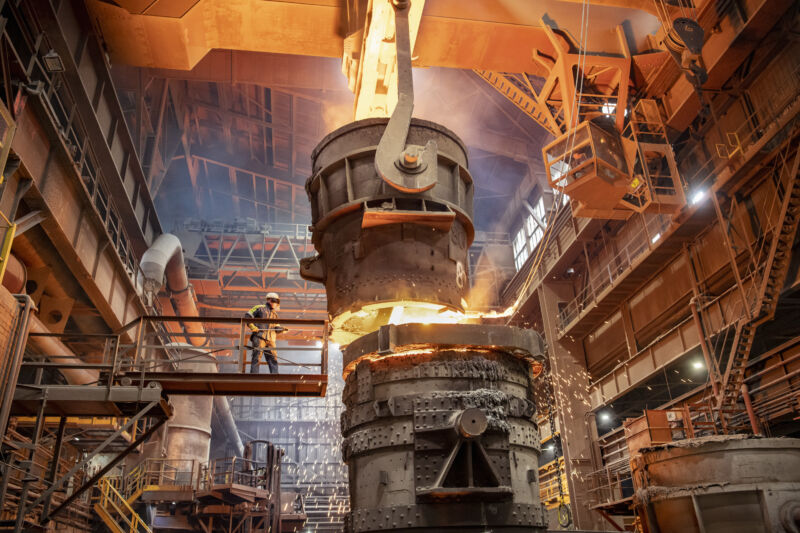A big boost to Europe’s climate-change goals
Ars Technica » Scientific Method 2024-02-29

Enlarge / Materials such as steel, cement, aluminum, electricity, fertilizer, hydrogen, and iron will soon be subject to greenhouse gas emissions fees when imported into Europe. (credit: Monty Rakusen/Getty)
The year 2023 was a big one for climate news, from record heat to world leaders finally calling for a transition away from fossil fuels. In a lesser-known milestone, it was also the year the European Union soft-launched an ambitious new initiative that could supercharge its climate policies.
Wrapped in arcane language studded with many a “thereof,” “whereas” and “having regard to” is a policy that could not only help fund the European Union’s pledge to become the world’s first carbon-neutral continent, but also push industries all over the world to cut their carbon emissions.
It’s the establishment of a carbon price that will force many heavy industries to pay for each ton of carbon dioxide, or equivalent emissions of other greenhouse gases, that they emit. But what makes this fee revolutionary is that it will apply to emissions that don’t happen on European soil. The EU already puts a price on many of the emissions created by European firms; now, through the new Carbon Border Adjustment Mechanism, or CBAM, the bloc will charge companies that import the targeted products—cement, aluminum, electricity, fertilizer, hydrogen, iron, and steel—into the EU, no matter where in the world those products are made.